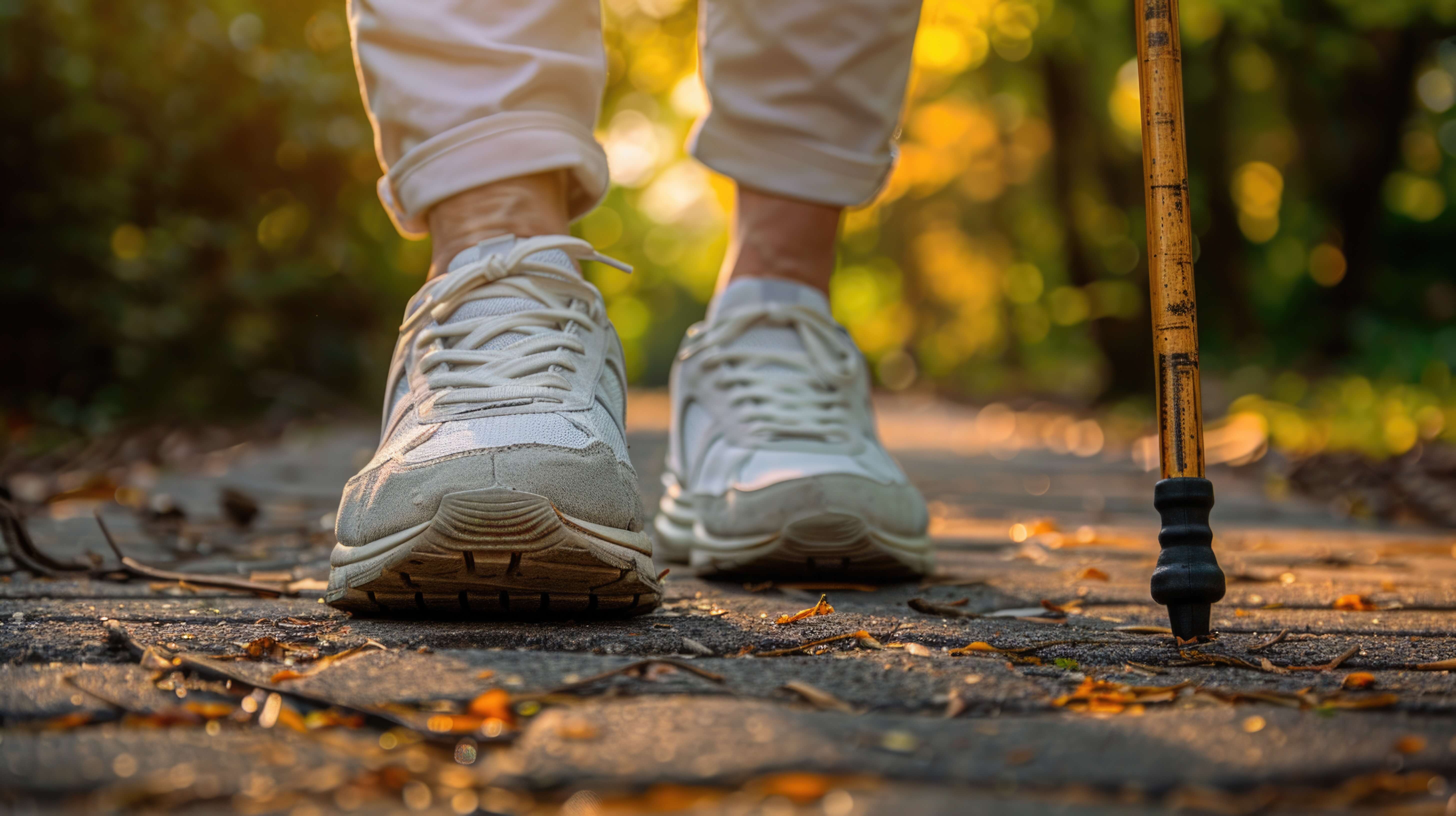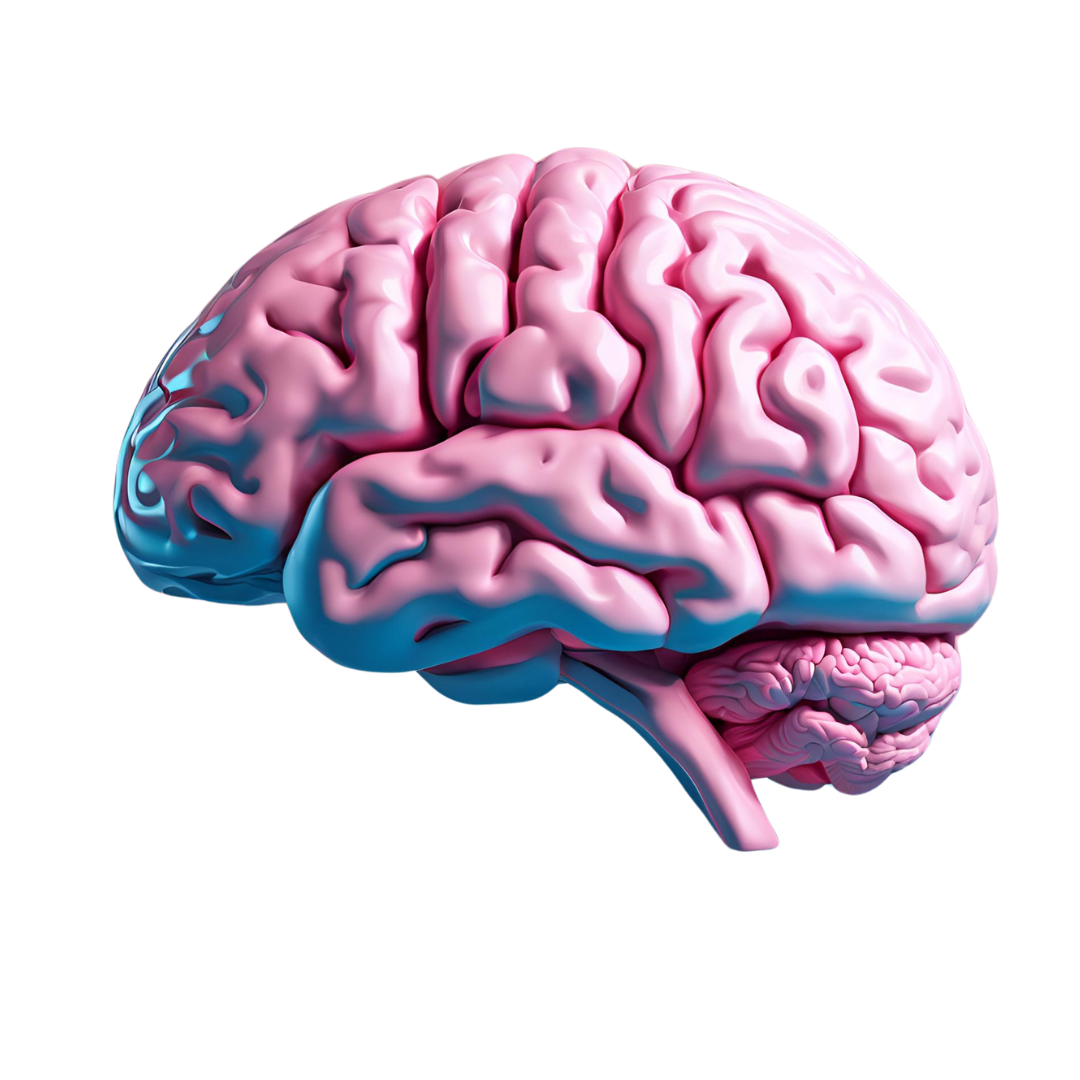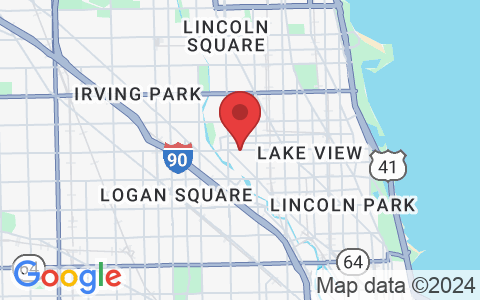Post-Stroke Rehabilitation
What is Post-Stroke Rehabilitation?
Post-stroke rehabilitation is a specialized program designed to help individuals recover after a stroke, which occurs when the blood supply to the brain is interrupted, leading to brain cell damage. The rehabilitation process focuses on restoring movement, speech, and cognitive function affected by the stroke. It can also help individuals relearn daily activities and regain independence.
The extent of recovery depends on the severity of the stroke and the areas of the brain involved, but early and targeted rehabilitation can significantly improve outcomes.
How is Brain Health Related to Post-Stroke Rehabilitation?
Brain health is at the core of stroke recovery. A stroke can cause permanent damage to brain cells, affecting areas responsible for movement, speech, memory, and coordination. Post-stroke rehabilitation focuses on neuroplasticity, the brain’s ability to reorganize and form new connections, helping to restore lost functions. Strengthening these neural pathways is key to regaining motor and cognitive skills.
Treating Post-Stroke Recovery Through a Neurological Approach
At Brain Health Chicago, our post-stroke rehabilitation program is rooted in neurological science, focusing on promoting neuroplasticity. Our treatments include physical therapy, occupational therapy, and speech therapy, all designed to target the specific areas affected by the stroke. We also offer advanced techniques like transcranial magnetic stimulation (TMS) to stimulate brain activity and aid in recovery as well as HBOT (hyperbaric therapy) to improve oxygenation and improve brain recovery.

Experience Specialized Care for Post-Stroke Rehab in Chicago
Located in Roscoe Village
Patient Testimonials

Matthew
"Dr. Cohen is on time, attentive and inquisitive about your concerns. I never felt rushed, nor did I have to repeat myself."

Denine
"Dr Cohen was caring, knowledgeable and thorough and got straight to the medical and non medical issues at hand. He also went the extra mile in making sure I received the services outside of his practice in which I was entitled as a patient and client."

Alicia
"Great doctor. Came highly recommended by my primary care. He really listens. And checks everything. Very caring. And his treatment eliminates the pain. AND his wonderful staff that looks at emails and texts and gets you in as needed with pain level."
See how TMS impacted Greg's quality of life after 20 sessions
Greg and his son came to Dr. Cohen to see what type of treatments were available for Greg's underlying condition. As an intermittent treatment, Dr. Cohen suggested Transcranial Magnetic Stimulation.
"Dr. Cohen does not give up. After every session, every appointment we've had there's been a new treatment, new idea to pursue, and a new avenue to explore. Even if it [the treatment] doesn't yield a high level of results there is always some level of improvement or maintaining a level of quality of life that wasn't there before."

Ready to get started?
Hours
Mon: 9am - 6pm
Tues: 9am - 6pm
Wed: 9am - 6pm
Thurs: 9am - 6pm
Fri: 9am - 6pm
Sat/Sun: by appointment




